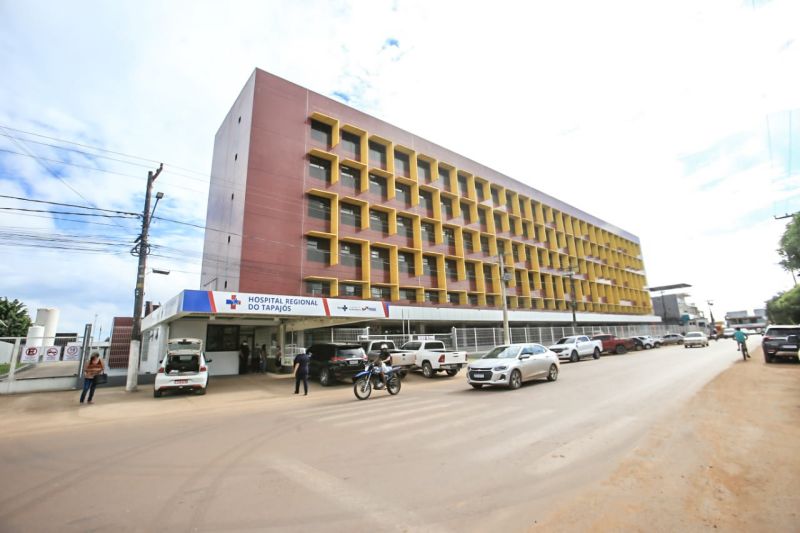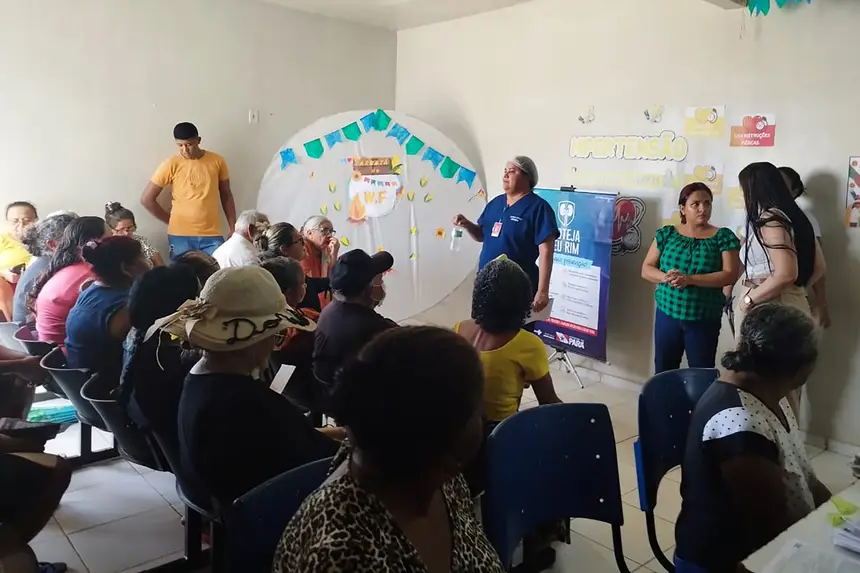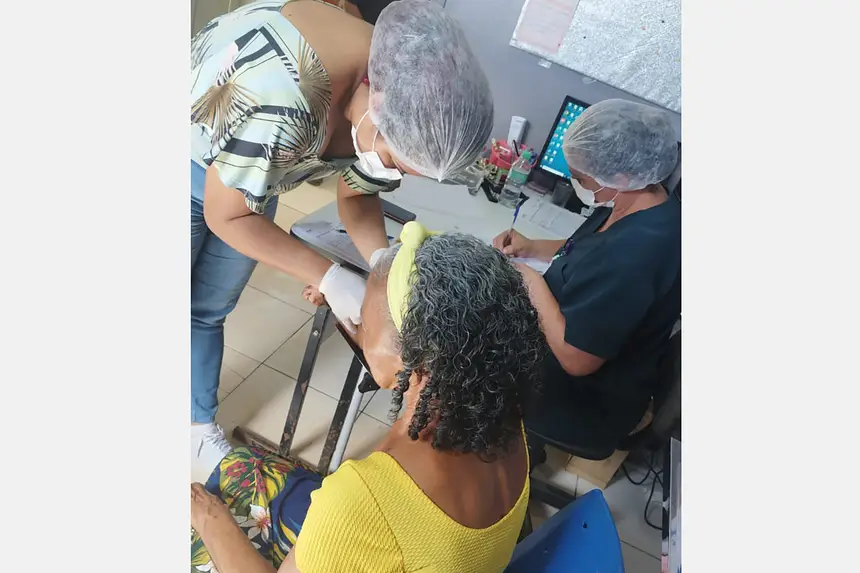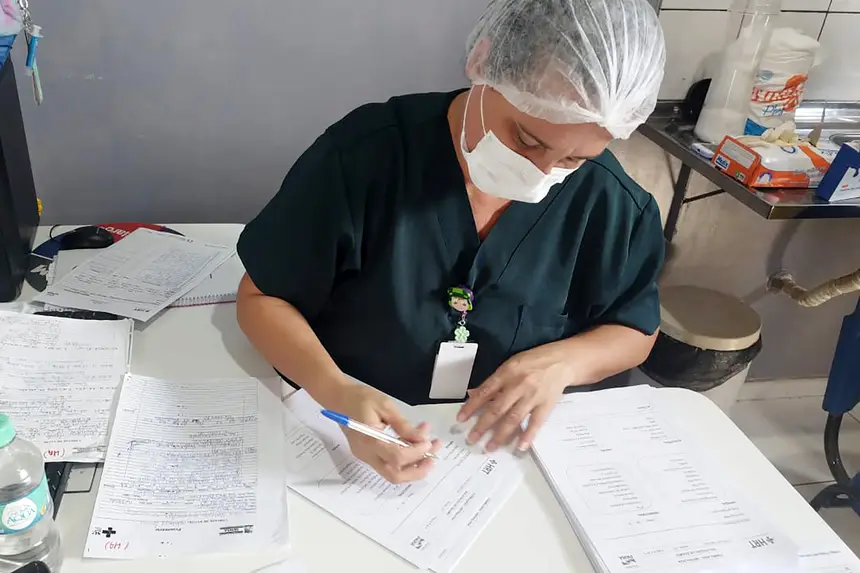Regional Hospital of Tapajós begins educational actions on Chronic Kidney Disease prevention in Itaituba
Activities started in the urban area UBSs and will reach the rural community of Campo Verde in July
The Regional Hospital of Tapajós (HRT), in Itaituba, in the southwest of Pará, started last week of June a series of educational actions in the Basic Health Units (UBSs) of the urban area of the municipality. The activities are promoted by the Nephrology department of the unit and aim to guide the population on the prevention of Chronic Kidney Disease (CKD), warning signs, risk factors, and the importance of proper treatment.
The actions include lectures and discussion groups with health professionals, who explain how to identify the initial symptoms of the disease, such as difficulty urinating, swelling in the feet (edema), high blood pressure, diabetes, and other comorbidities that compromise kidney health.
According to nephrologist nurse and supervisor of the department, Lucimeire Feitosa, direct involvement with the community is essential to prevent the worsening of cases.
"It is essential that people know the warning signs and know when to seek medical help. The earlier the diagnosis, the greater the chances of preserving kidney function and ensuring a better quality of life," she stated.
The program will be expanded in July, when the actions will reach the rural area of the municipality, with an activity planned at the Basic Health Unit of the Campo Verde community.
The Nephrology service of the Regional Hospital of Tapajós currently serves 79 patients in three shifts and is a reference throughout the Tapajós region. The physician and technical director of the unit, Lucas Vergani, highlighted the role of UBSs in the early identification of the disease.
"Chronic kidney disease is often silent, and primary care professionals have a strategic role in recognizing the first signs, contributing to more effective treatment," he explained.
The general director of the unit, Salomão Favacho, reinforced the hospital's commitment to prevention and comprehensive health care for the population.
"Our goal is to bring information and care to all the communities we serve, both in the city and in the rural area. Prevention is always the best path," he concluded.
Text: Sammya Ferreira (HRT)













